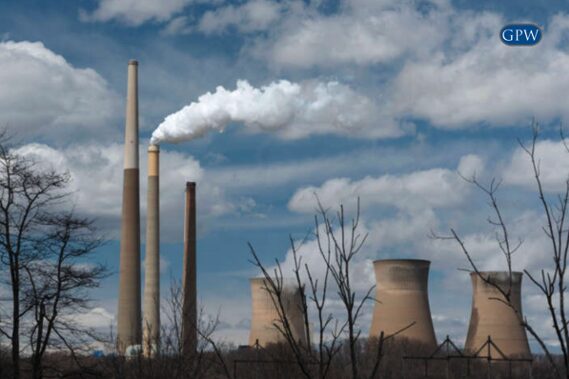Seeking Justice: The Camp Lejeune Water Contamination Tragedy
Camp Lejeune, steeped in military history and significance, unfortunately carries a legacy of water contamination that has affected the health and well-being of countless individuals. Established in 1942 as a pivotal training facility, Camp Lejeune rapidly expanded over the years, encompassing vast acres of land, forests, and miles of beachfront along the North Carolina coast. What was intended to be a haven for military personnel, their families, and civilians, evolved into a site of environmental catastrophe due to the presence of volatile organic compounds (VOCs) in its water systems.
The discovery of these contaminants, including trichloroethylene (TCE), tetrachloroethylene (PCE), vinyl chloride, and benzene, sent shockwaves through the community. The nature of these chemicals spread not only through the water supply but also the soil and air, posing major risks to the health of those exposed. This led to individuals, families, and entire communities dealing with devastating illnesses, including various forms of cancer, reproductive issues, neurological disorders, and other life-altering conditions.
The three water distribution plants at Camp Lejeune—Hadnot Point, Tarawa Terrace, and Holcomb Boulevard—emerged as focal points of contamination. Despite early detection of high levels of VOCs as far back as the early 1980s, decisive action to mitigate the risks was slow to materialize. The delay in shutting down contaminated wells and addressing the sources of pollution compounded the suffering of those affected, increasing the toll of human tragedy.
In response to this crisis, the Camp Lejeune Justice Act of 2022 stands to bring justice for survivors and their families. This legislation seeks to provide much-needed support, including expanded healthcare access and disability benefits to those impacted by the toxic exposure at Camp Lejeune. By lifting legal barriers and extending compensation eligibility to a broader spectrum of individuals—from military personnel and their families to civilian workers and residents—the Camp Lejeune Justice Act represents a vital step towards acknowledging and remedying the harm inflicted on generations of individuals.
If you or a loved one were stationed at Camp Lejeune and were diagnosed with cancer or other illnesses linked to contaminated water at the marine base, you may be eligible for compensation.
To qualify to file a Camp Lejeune settlement claim or file a lawsuit, individuals must meet the following criteria:
- Stationed at Camp Lejeune between 1953 and 1987.
- Present at the base for at least 30 days.
- Diagnosed with cancer or other illnesses linked to contaminated water at Camp Lejeune.
According to the U.S. Department of Veterans Affairs, both Veterans, Reservists, and National Guard members who meet these criteria are eligible to receive compensation under the Camp Lejeune Justice Act. This law also applies to family members who were stationed at the base with their loved ones in the military, as well as workers who were employed at Camp Lejeune. Unfortunately the deadline to file a claim is fast approaching. Those who wish to file have until August 2024 to do so.
Contact Goldberg, Persky & White today to begin the process. We are ready to help you to pursue legal action under the Camp Lejeune Justice Act, gather the necessary evidence and medical records to support your claim, and navigate the intricate process of seeking compensation. Our experienced team is committed to guiding you through every step involved in taking proactive measures to secure the restitution you rightly deserve.




